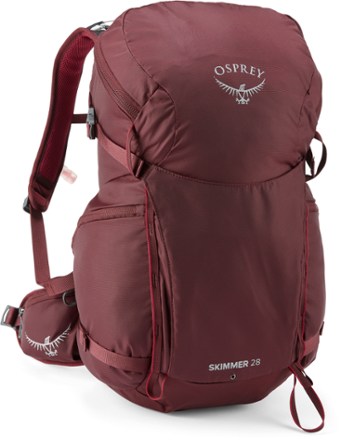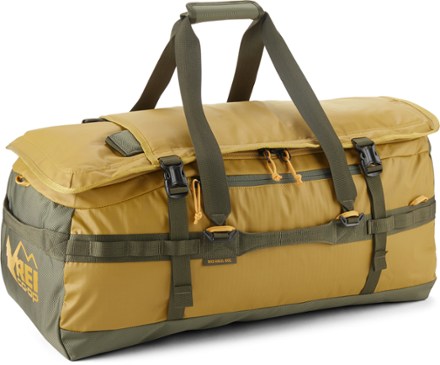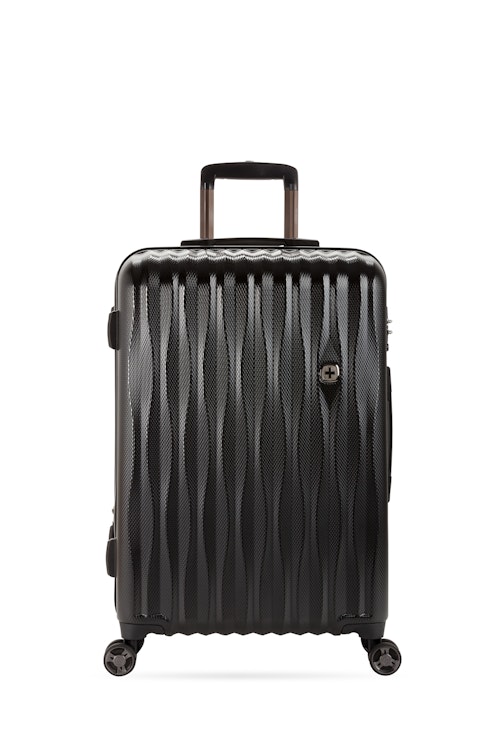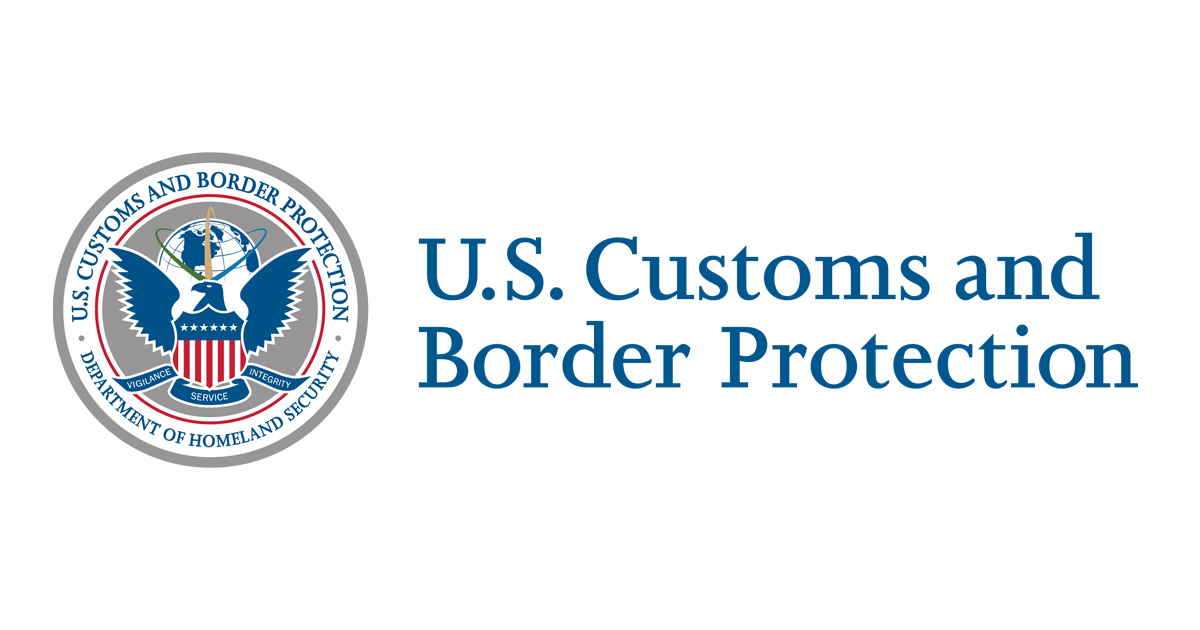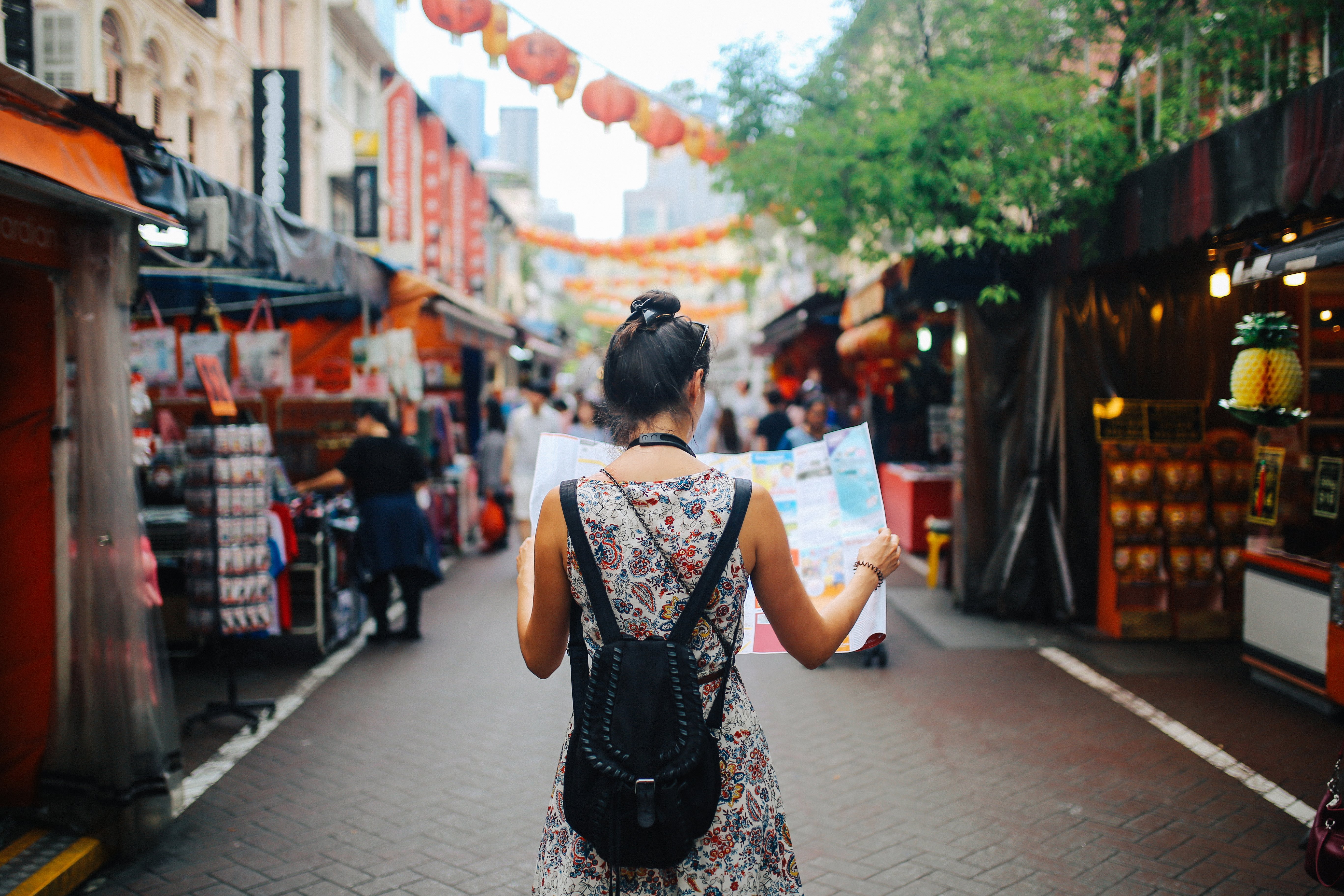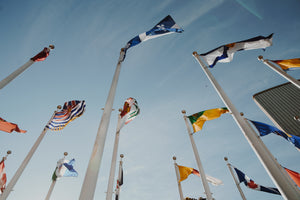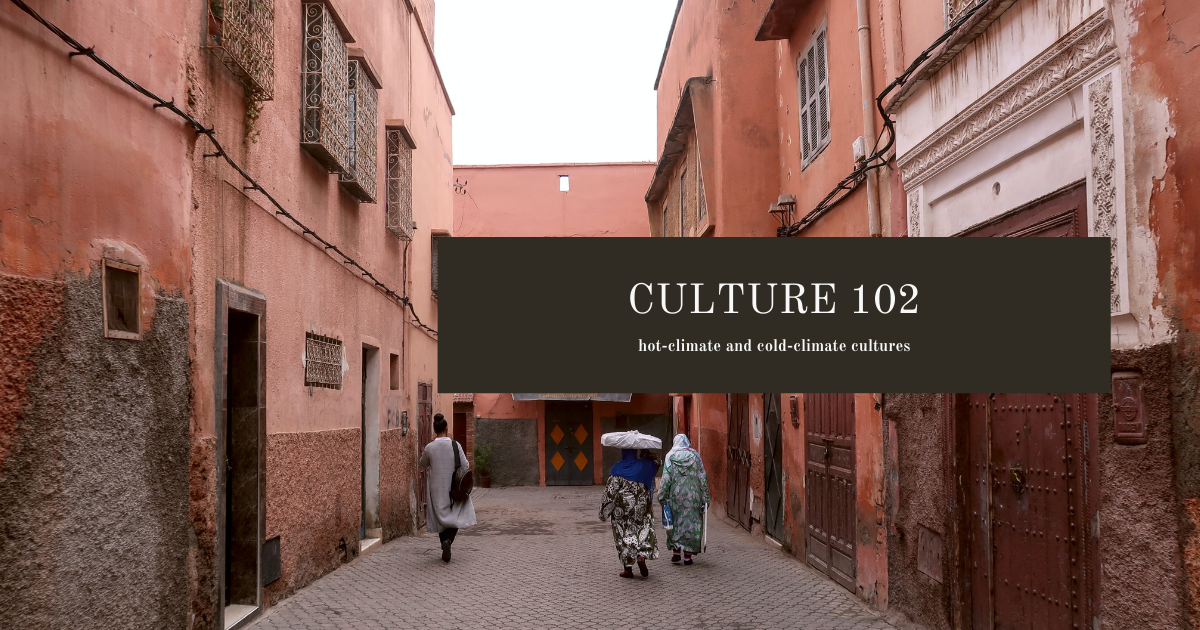Answering the 10 Critical Questions when traveling Abroa
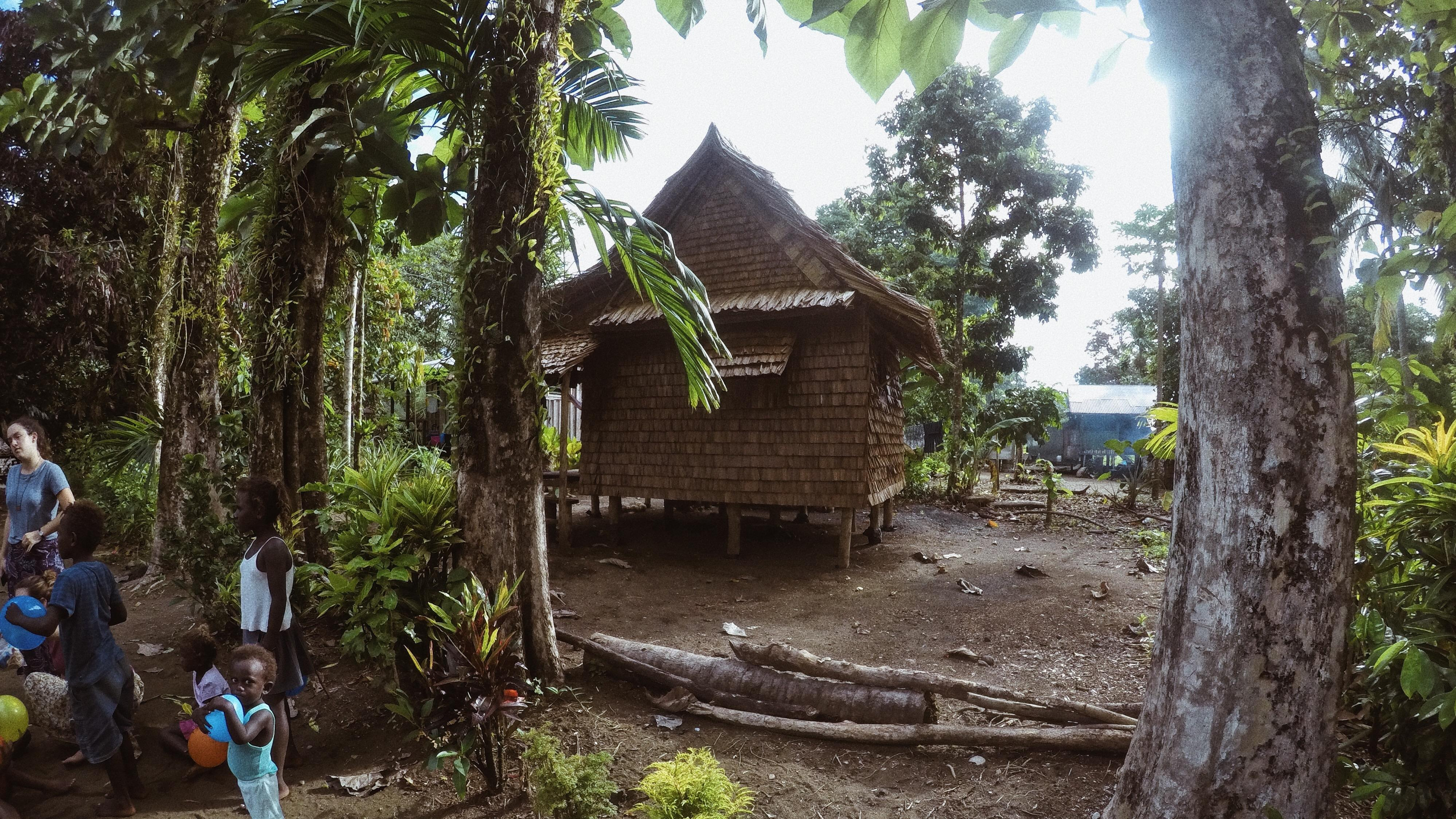
#1: Visa
The most common visas are for tourism, business, and students. Typically, these all cost money and some will require documentation from your host (invitation letters). You will be required to have a color copy of your passport, proof of departure, and proof of vaccinations that are required for the country. Some countries may also require proof of travel insurance.
Resources:
#2: Baggage
Okay, this varies so much by where you are going, budget, activities, etc. So we will need to consult on this further with specifics if you desire! However, check all your airline guidelines. I can't give much examples here because it varies on every continent and country. So, I will give you my favorite luggage recommendations! Don't forget to buy baggage locks and AirTags to protect your items in transport and when left behind at accommodations. Also, put your information inside your suitcase to verify it's yours if it is lost in transport so they can send it to you later (bag tags can be torn off).
Pro-tip: Pack a compact bag with your travels so that you have an extra duffle bag later if needed for coming back with more stuff! Also, I always find it safe to travel with a dry bag to keep electronics safe from rain or water excursions.
#3: Souvenirs
Tips:
- Clean all your shoes. You will get stopped for having dirty shoes because you are bringing foreign soil into the country.
- Beware of jewelry made with wood, seeds, shells, or plants. Regard the detailed resource to understand if the item is allowed or not.
- Check the authenticity of the item before you buy it. People love to scam tourists, especially with designer items and jewelry.
- Beware of the fragility of the item, pack accordingly.
- Ask yourself if food will travel well. Things with chocolate may melt and deform.
- Plan for space and weight of item
- Do not wrap gifts, airport security will want to look at concealed items.
- If you buy something sharp, put it in your checked luggage or it will be confiscated
- Snow globes, jams, and most liquids need to be in checked luggage
My favorite thing is to buy something cultural that will remind you of the country!
#4: Connection with Home
First, if everyone has an iPhone, this won't matter very much because you can use wifi for free overseas iMessage, Facetime video, and Facetime audio.
In my opinion, WhatsApp is the best option. It is free, secure, easy, and widely common. You can text, voice call, and video call. This app is available for most phones in the app store. I have used it in every country I have traveled to. But, make sure your family downloads it before you leave. Skype & Zoom are also options.
You can also get an overseas phone plan with your US provider, but beware of the hefty cost of this option.
It is also an option to buy a phone plan for the country you are traveling within.
#5: Budgeting
This is entirely up to you for your style of travel and what you can afford. It takes a lot of research, but made easier within consultation meetings. Budgets will determine the entirety of your trip, so take this step with great consideration.
Things to consider when budgeting:
- Flights (I like to book with credit card points)
- Travel insurance
- Accommodations
- Transportation at location (rental car, bus, train, taxi, etc.)
- Tourism seasonal costs
- Luggage costs
- Meals, bars, coffee, snacks, groceries
- Emergencies
- Excursions/ Itinerary (I like to book these before traveling when possible)
- Entry fees
- Tips (if appropriate in culture)
Remember conversion rates, availability of items, and the cost of the item in the country you are traveling to. (Download an app if you don't want to convert in your head while shopping)
#6: Payment Plan
Again, remember conversion rates. I like the iPhone app Units Plus which converts currency, length, weight, temperature, etc.
Be aware that some countries have little to no card transactions for purchases, so you can only use cash. Some countries are the opposite. So be prepared.
Tips:
- Bring a debit card to withdraw money from an ATM. Credit cards will take advancement fees. Pay attention to ATM fees and if your debit card charges you as well. Some cards will reimburse you ATM fees.
- Know your card fees for transactions. I like to use travel credit cards to avoid overseas fees.
- Research the best travel cards before you travel, here is an example of a resource...
- Always have cash available with you (but not too much)
- Consider a money belt, a safe wallet, or how you will travel with money. I prefer to not have all my money in one place. Some people like to travel with two wallets or a fake wallet.
- Pre-pay when available so that you are out-and-about with less money on your body. BUT, bring your receipts with you for proof of payment. A common scam is to make you pay twice for items or excursions.
#7: Emergency Planning
- You need to plan this personally, and with your family. Have an emergency contact and discuss with them what to do if they are contacted. Update your emergency list on your phone and your health app on your phone. If you have an iPhone, these are available on your lock screen for anyone who picks up your phone.
- Decide on your form of travel insurance
- Set aside money for an emergency
- Talk to a travel doctor for the most updated vaccines or necessary medications while traveling (such as malaria medication).
- Bring documents of doctor notes for medications you travel with for border control. Some countries are picky about this.
- If you require specific medication, make sure they are available for you at your destination.
- Make sure all of your water is filtered and safe
- Check the safety of the country before traveling, and sign up for embassy alerts.
- Alert the US State Department of your travels in case of an extraction emergency.
- Always be aware of your surroundings. Keep in mind of what makes you stand out from others (age, gender, faith, race, clothing, etc.)
- Have trusted contacts at the destination. Know who you would contact in an emergency
#8: Language Barriers
In my experience, English is the most common language to speak in with foreigners. It is what people prepare to learn to communicate with foreigners. However, not all people are fluent or know any English at all. Prepare yourself by downloading translation apps and learning common phrases of the country you are visiting.
My favorite translation app is Google Translate. You can type translations, use it for active conversations, or translate pictures. The app also allows you to download language translations when you do not have phone service. You can download as many languages as you desire before your trip.
Keep in mind that the same language is not always the same throughout a country. For example, Switzerland has four national languages; Swiss German, French, Italian, and Romansh. Where you go within a country determines what is spoken. Other countries, like South Africa, have eleven nationally recognized languages.
Beware, some countries will be offended if you don't speak their language. Don't let this discourage you from your travels. However, it is appreciated and goes a long way when you learn greetings, niceties, and common phrases before traveling.
With research and personal connections, you can also hire someone to travel with you be your translator within countries.
#9: Cultural Awareness
Be proactive here! Research, ask friends questions, or book a consultation. When you travel abroad and interact with locals, you represent not only yourself but your home country. You pave the way for those who proceed you. How you act, consciously or not, also displays the respect you have for others.
Whatever culture you interact with, research greetings, appropriate interactions, meal etiquette, posture, body language (especially facial), and clothing.
A great starting guide here is studying hot v cold cultures. Sarah Lanier breaks this down very well in her book Foreign to Familiar (I highly recommend this easy read!). Here is a breakdown of her book...
Hot Climate:
Relationship-oriented
Indirect communication
Group identity
Inclusion
Hospitality is spontaneous
Event-oriented
Cold Climate:
Task-oriented
Direct communication
Individualism
Privacy
Low-context
Hospitality is structured
Time-oriented
#10: What Determines Success?
Only you can define this! Take time to think about what you want from your trip and what needs to happen for you to be satisfied. Brene Brown discusses expectations that are unexamined and unexpressed often result in disappointment. They cannot be ignored, because what you desire will not disappear with the ignorance of it. With this, you need to self-evaluate so that your goals are realistic and that you make preparations to succeed in the ones that are.
This is especially important when traveling with a companion(s). Sharing expectations is vulnerable and lets people know what’s important to you, but it is critical for satisfaction to be possible within your trip. Don't waste your experience by hiding your desires!
Evaluate your travel style, and make sure it is compatible with those you travel with. If you are not compatible travelers, one or all parties may face extreme disappointments and hardships on the trip. Make lists (mental or physical) of places you want to go, foods you want to eat, and experiences you want to have.
If you don't know your travel style, it may be helpful to research or take fun online quizzes. This will help you determine your meters of success, and what may be avoidable to you.
The home for unique & authentic travel


